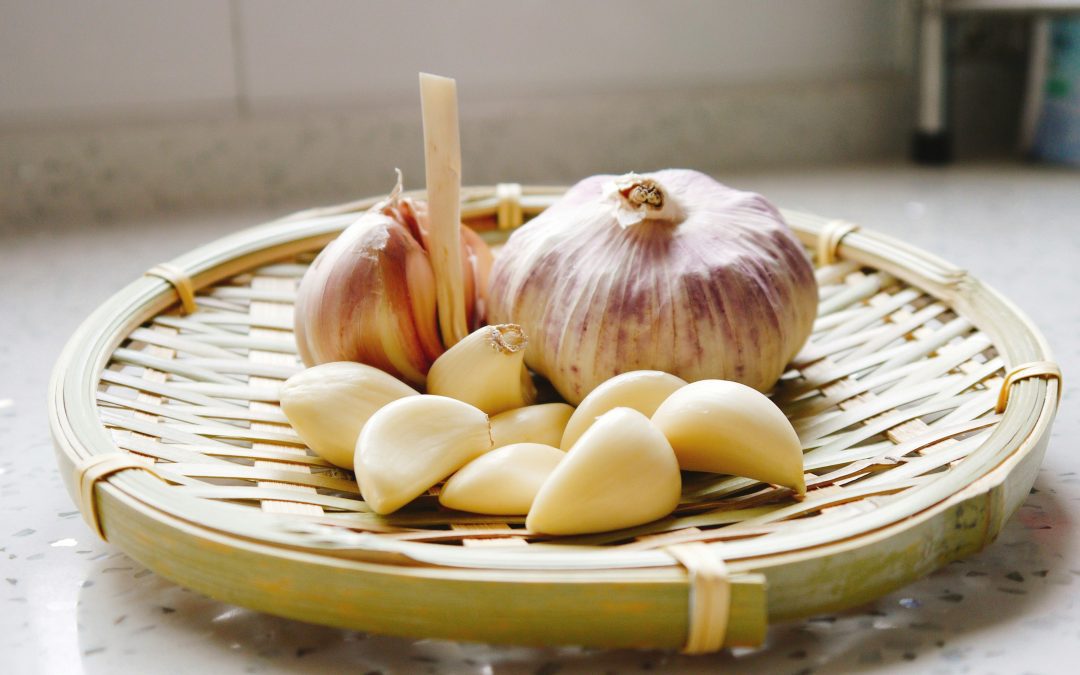When it comes to feeling good in winter, gut health often gets overlooked. But what’s happening in your digestive system plays a big role in how energised, resilient, and clear-headed you feel.
During winter, your meals naturally get heavier, your fibre intake might decrease, and your activity levels may slow down all of which can contribute to bloating, constipation, or just feeling off.
Table of Contents
Your gut is your winter health MVP
Over 70 percent of your immune system lives in your gut. So if you find yourself constantly sick or run-down in winter, your digestive health might be a key factor. A healthy gut supports better nutrient absorption, stronger immunity, more stable moods and less inflammation.
Winter habits that can disrupt gut health:
-
Eating more processed or rich foods
-
Not drinking enough water
-
Less movement and slower digestion
-
Less exposure to sunlight and fresh air
What to eat to support your gut
1. Prebiotic foods:
Prebiotics act as food for your good gut bacteria. These include garlic, onions, leeks, oats, bananas and asparagus. They help your gut flora thrive.
2. Probiotics:
These live bacteria help balance your gut microbiome. Look for foods like yoghurt, kefir, sauerkraut, kimchi and miso. They’re especially helpful after a round of antibiotics or a period of gut discomfort.
3. Fibre-rich whole foods:
Whole grains, legumes, fruits and vegetables are your digestive system’s best friends. Aim for a mix of soluble and insoluble fibre to support regularity and reduce bloating.
4. Hydration and warm fluids:
Herbal teas, broths and warm water can help keep things moving while also keeping you hydrated in cooler weather.
The power of small changes
You don’t have to overhaul your whole diet. Just adding one fermented food a day, swapping white carbs for wholegrains, or focusing on adding more veg to your meals can make a big difference to how your gut (and your body) feels.

